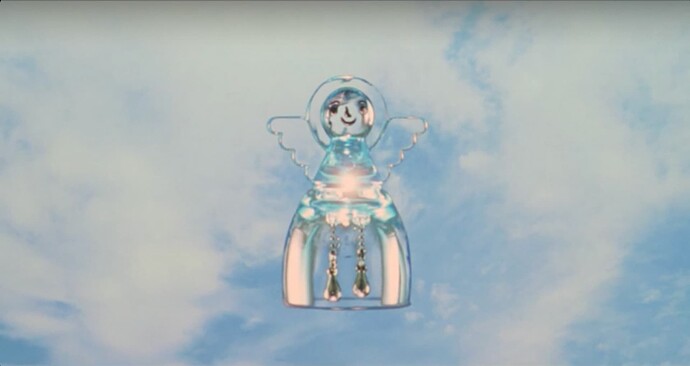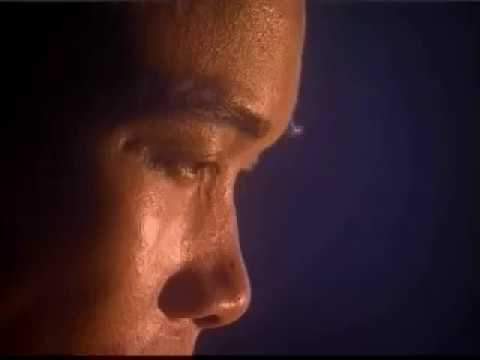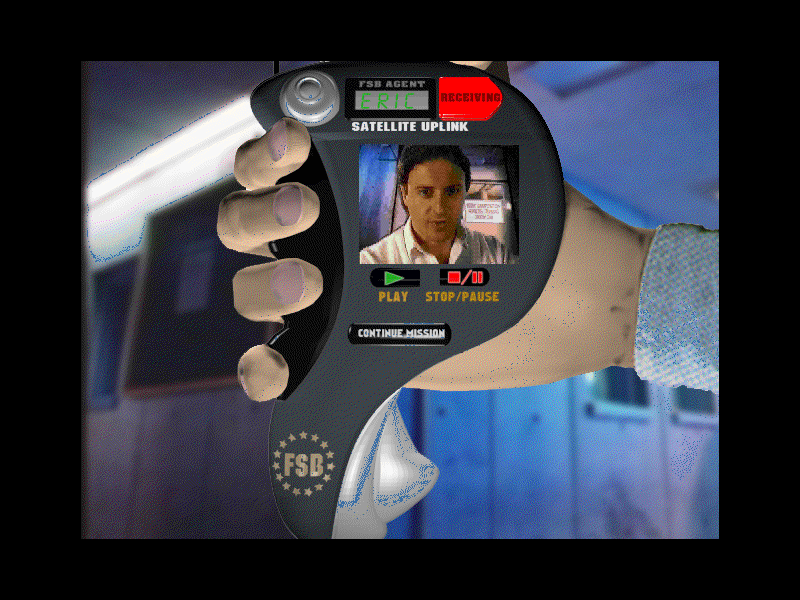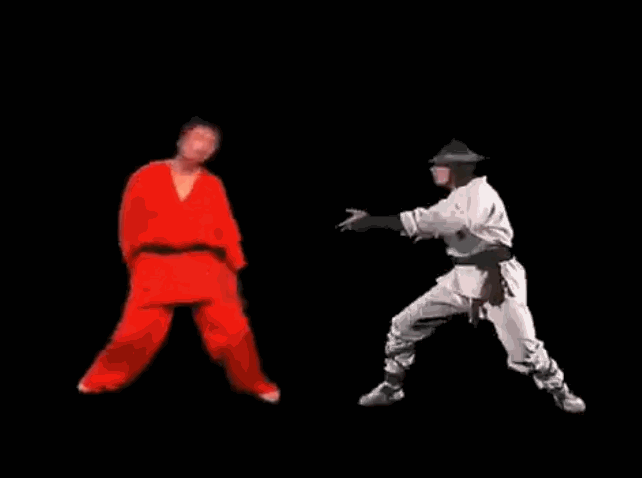Watched Crip Camp, which is a Netflix documentary about a bunch of kids who went to a summer camp for disabled teens in 1971-1973 and later joined up together to participate in the American disability rights movement, first around Section 504 of the 1973 Rehabilitation Act (sit ins, etc) and, later, the campaign to bring the ADA into law.
The camp was in upstate New York and closed only a few years after the main subjects of the documentary went there, but the movie does make the argument that it was a kind of ideological incubator for the beliefs these kids took with them into the future–that their demands for independence and architectural accommodation and equal treatment under the law were brought to life in conversations they had with one another at this camp as teenagers, which is pretty cool. The relationships they built here also seem to have strongly influenced their activist network later on in life.
It’s an interesting story. It gets you the historical overview of what was going on but focuses on telling that story through the lens of the people involved, the relationships they had with one another, and their personal goals–not only around politics but also their goals for sex, dating, personal accomplishment, early career/grad school stuff, etc.
The whole story hit me extremely hard because I also went to a summer camp for kids with a medical condition/disability, and then as I got older worked there for a few years as well. I spent ten years of my life going to that camp or working there as staff and it had a huge impact on my self-image, independence, confidence, etc. When the folks in the documentary were talking about experiencing this as well, I thought: yes!! damn right!! and then when they moved on to say “and this is what allowed us to build a national rights movement with full on protests and congressional hearings” I immediately felt very sad and pathetic. My camp experience did not result in a national protest movement for universal healthcare or any of the other benefits people with diabetes actually need. We did not develop any liberating ideology at the camp either.
I know many reasons why this happened–the time we grew up in is definitely mostly to blame but the age ranges at my camp were very different, too. Camp Jened, the disability camp in the movie, was bringing together high schoolers and college students who were ready to do real organizing. My camp went from age 6 to 16 and the counselors were too tired to do political activism, haha. But still!! I feel like a failure, lmao.
Highly recommend this movie particularly if you have a disability or condition that constantly makes you think “I am curséd for-ever, and can never live in the world the way I want to,” which is something I feel pretty often. Shocking that the movement the characters in the movie started began, crescendoed, and achieved real results all within the same amount of time it took the main subjects to go college and then grad school, haha. The speed at which they got shit done is really inspiring. Glad I saw this one!




